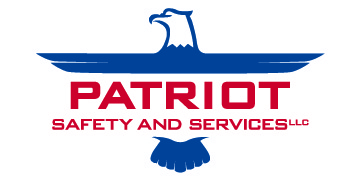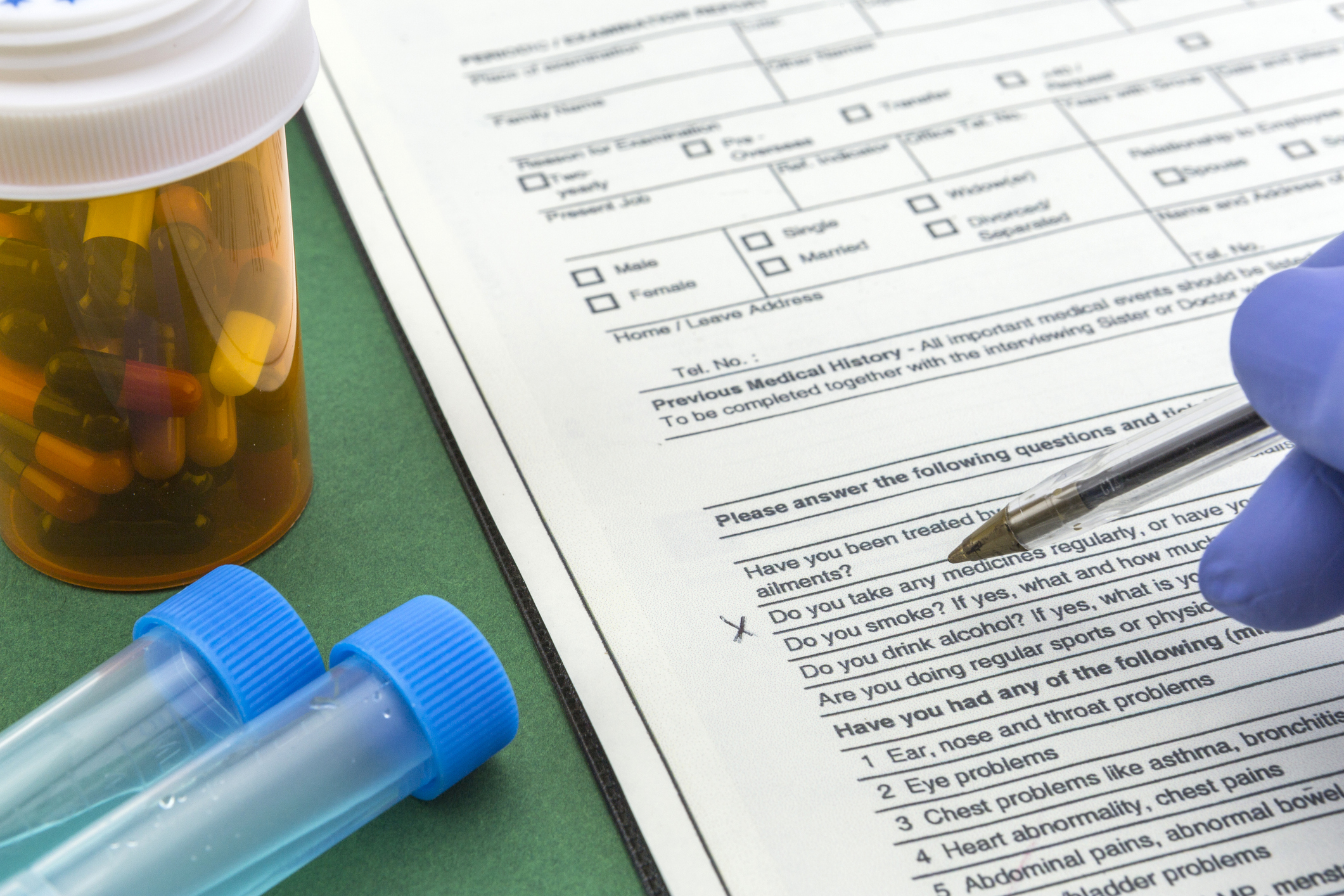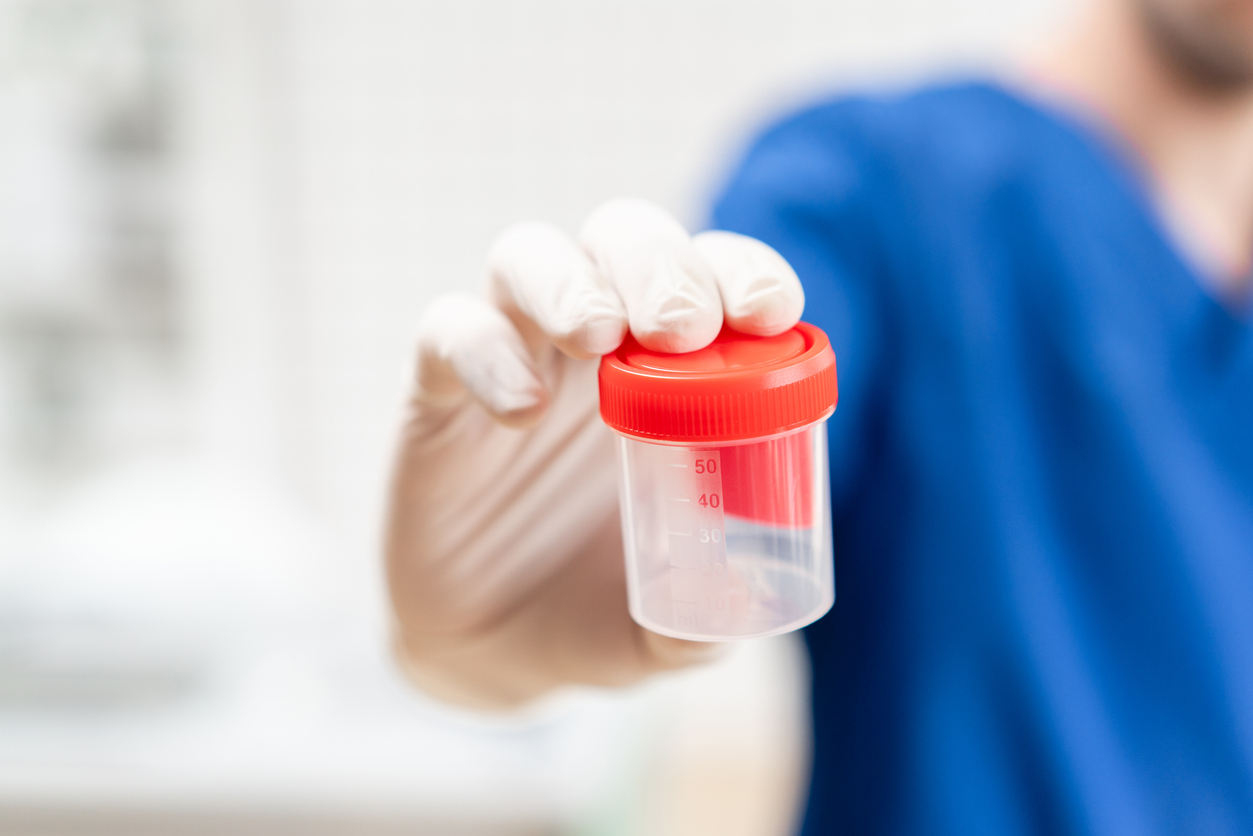Why Post-Accident Drug Testing Is Essential
When a workplace accident occurs, every second counts. Post-accident drug testing is a cornerstone of any effective safety-sensitive program—helping employers determine whether impairment contributed to an incident, protect their workforce, and manage liability. Under the Department of Transportation’s 49 CFR Part 40, testing after qualifying accidents is mandatory, and OSHA stresses that timely collections underpin accurate incident investigations (https://www.osha.gov).
Beyond legal compliance, immediate post-accident testing reinforces accountability, preserves workplace integrity, and supports data-driven safety improvements. According to the National Highway Traffic Safety Administration, meeting regulatory testing windows reduces legal exposure and strengthens defense in audits (https://www.nhtsa.gov).
Regulatory Requirements and Employer Obligations
DOT-regulated employers must conduct:
-
Alcohol testing within 8 hours of a fatal crash or an incident causing injury/citation
-
Drug testing within 32 hours of the same events
These rules apply to safety-sensitive roles—commercial drivers, railroad operators, pipeline workers, pilots—and are enforced by FMCSA, FAA, FRA, PHMSA, and the U.S. Coast Guard. Even non-DOT entities can benefit from mirroring these protocols to maintain a legally defensible substance abuse screening program. The Substance Abuse and Mental Health Services Administration reports that comprehensive testing reduces workplace incidents by over 50% (https://www.samhsa.gov).
Agency-Specific Procedures
-
FMCSA post-accident rules (49 CFR 382)
-
FAA alcohol screening mandates after airside incidents (https://www.faa.gov)
-
PHMSA incident reporting and testing guidelines (https://www.phmsa.dot.gov)
-
FRA sample handling and Medical Review Officer (MRO) review requirements (https://www.fra.dot.gov)
Why Speed and Precision Matter
Delays can compromise sample integrity—drug metabolites degrade and alcohol evaporates—making it harder to substantiate impairment. Certified mobile collectors follow strict chain-of-custody protocols using tamper-evident kits and Custody & Control Forms to preserve legally defensible results (https://www.transportation.gov/odapc/49-cfr-part-40). The CDC notes that proper specimen handling reduces false negatives and supports robust testing outcomes (https://www.cdc.gov).
Preparing for the Unexpected
Accidents are unpredictable. A proactive post-accident response plan should include:
-
Written policies detailing qualifying incidents and testing steps
-
Supervisor training on recognizing reportable events and initiating testing
-
24/7 mobile collection partnerships, such as Patriot’s emergency drug testing 24/7 service
-
Access to a nationwide network of certified sites
Partnering with a trusted third-party administrator ensures immediate, compliant response anywhere in the U.S.
Reducing Liability and Protecting Operations
In audits or litigation, documented proof of compliant post-accident testing is a powerful defense. When samples are:
-
Collected per federal standards
-
Reviewed by an MRO
-
Recorded accurately
—employers demonstrate due diligence. Integrating this with services like background checks and accurate background screenings further solidifies hiring integrity and compliance readiness.
Supporting a Safer Workplace Culture
Consistent post-accident testing sends a clear message: safety is a shared value and any incident will be met with objective, timely screening. Over time, this transparency builds employee trust, lowers workers’ compensation claims, and improves morale.
How Patriot Safety & Services Simplifies Post-Accident Testing
Patriot delivers end-to-end post-accident solutions, including:
-
Determining DOT or non-DOT testing rules (DOT drug testing)
-
24/7 mobile collector dispatch or nearest certified site arrangement
-
Full chain-of-custody management and Custody & Control Form oversight
-
Coordination with certified labs and MROs
-
Secure digital documentation for audits and internal reviews
-
Policy development and supervisor training to prevent compliance gaps
Whether you operate a single fleet or a nationwide enterprise, Patriot’s scalable services keep you ready to respond swiftly and accurately.
Building a More Resilient Safety Program
An effective safety program prevents incidents and plans for them. Embedding post-accident testing into your broader compliance strategy reduces uncertainty, mitigates regulatory risk, and demonstrates an unwavering commitment to responsible operations.
A Confident Response When It Matters Most
In the critical aftermath of an incident, your ability to act quickly, precisely, and confidently can define outcomes. With Patriot Safety & Services, you partner with experts who deliver post-accident drug testing services that perform under pressure—protecting your people, your reputation, and your bottom line.




